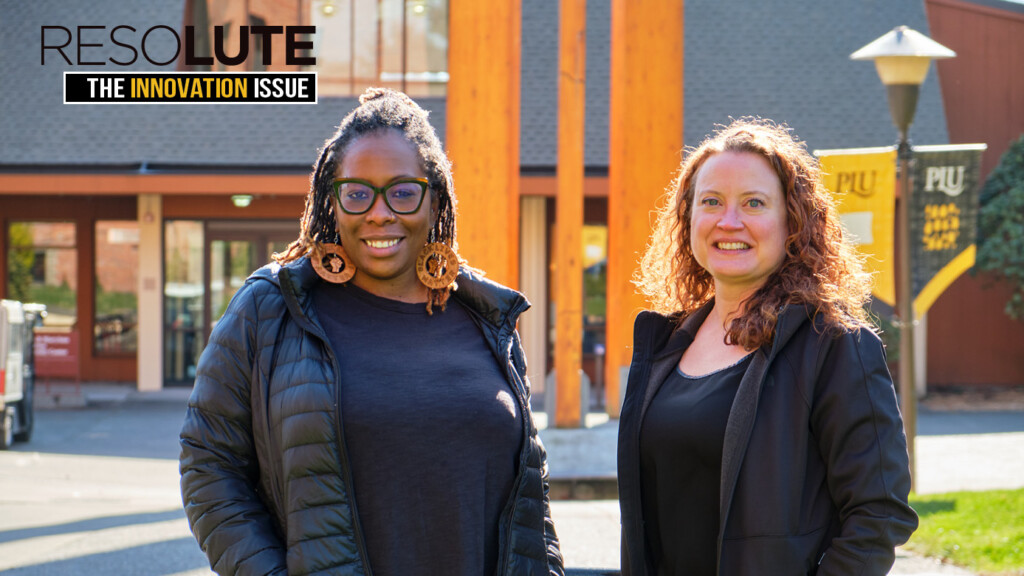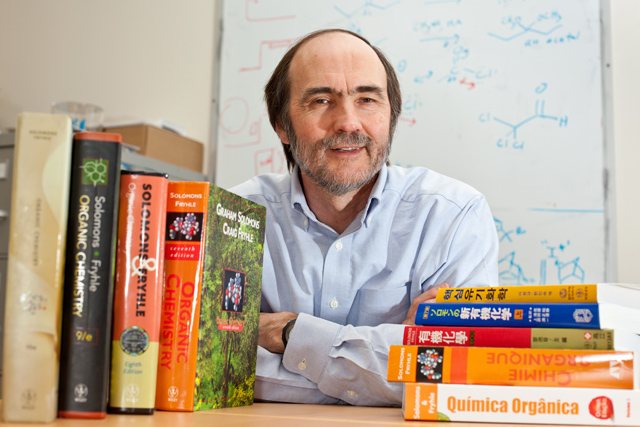Page 229 • (12,532 results in 0.06 seconds)
-
SGID SessionsSGID (Small Group Instructional Dialogue) consultants consist of PLU faculty trained to guide students through a reflective process regarding their learning at mid-semester. Consultations and reports are confidential and completed at the request of individual faculty. SGID feedback lets you know your students’ perceptions of your course while time remains to make changes or correct misconceptions.Goals of SGID To further student learning To assure anonymous, confidential, timely
-
PassCommuter Decal Permitted: Columbia Center Lot Harstad Lot Ivy Lot* Library Lot Morken Lot* Nesvig Lot Olson Lot* Wheeler Lot Public Transit Many students use the Public Transit system to travel to and from campus. Pierce Transit provides 50 local bus routes, Shuttle (specialized transportation for people with disabilities), vanpool, ridematching and intercounty express service to Seattle, Sea-Tac Airport and Olympia provided in cooperation with Sound Transit and Intercity Transit. Pierce Transit’s
-
programs of physical activity; assessment of physical condition and skills; recommendation of specific programs for maintaining and improving physical health. Should be taken as a first-year student. (1) FTWL 150 : Adaptive Physical Activity - FT An individualized fitness and wellness course designed to meet the needs of students with diagnosed disabilities or long-term injury who, because of their medical condition, are unable to be accommodated through regular activity courses offered in the
-
Facilitator’s Guide – My Language. My Choice. Words Mean Things Back to Home My Language, My Choice: Words Mean Things – Facilitator's Guide In 2012, Pacific Lutheran University launched the My Language, My Choice (MLMC) campaign. MLMC was a passive poster campaign that advocated for individual responsibility and action in our language, word choice, and usage. PLU students, faculty, staff, and alumni are photographed tearing up a word or phrase they choose not to use. Participants also provide
-
web site or digital portfolio we’d be happy to set up an appointment for consultation. Drop Instructional Technologies or contact them at itech@plu.edu or 253-535-7509. We’ll connect you with the right staff to help you learn about the processes and learn to work with the tools that best meet your needs.
-

beliefs, practices, imaginings that people have attempted to erase or eradicate. That’s a different way of thinking about the work. Maya: Which I think, like Tyler said, is resurfacing, returning, unearthing and making space for things to breathe after having been buried.Narrator: (With a sigh of appreciation into the thoughtful silence following that evocative image, remembering Maya had focused her studies at PLU “around inequality and its intersections with our natural environment.”) Whew. Tyler
-
MFA Learning OutcomesDemonstrate critical reading and writing skills that show proficiency in analyzing the thematic and formal elements that constitute a literary text. This includes a sophisticated understanding of how a text is made, along with an understanding of the content that animates strong pieces of creative writing. Demonstrate knowledge of the genre conventions and craft elements for the student’s genre of focus, whether creative nonfiction, fiction, or poetry. This will include a
-
Developing and Nurturing Purpose in the Academic Life at PLU and in the WorldThe success of the Wild Hope Center for Vocation is due, in large part, to the work of faculty mentors who engage students with questions of meaning and purpose—in the classroom, in casual conversation, through collaborative research, and in more formal Wild Hope events. Through a year-long seminar with seven colleagues across the university, faculty are invited to consider the idea that purposeful learning shapes
-
A vision for the futureThe Wang Center opened in 2002 thanks to the vision of donors Drs. Peter (’60) and Grace Wang. With their generous philanthropy, the Wangs have emphasized the role education can play in building a more peaceful world. In concert with the Pacific Lutheran University mission of empowering students for “lives of thoughtful enquiry, leadership, service and care—for other people, for their communities and for the earth,” the Wang Centers is dedicated to preparing global
-

May 11, 2012 For more than a decade, Professor Craig Fryhle, chair of PLU’s Chemistry Department, has coauthored an organic chemistry textbook that has become standard, celebrated and familiar fare for sophomore students studying organic chemistry in many universities. Fryhle is just finishing up the 11th edition of the book with his coauthor, T.W. Graham Solomons. (Photo by John Froschauer) For organic chemistry students, Prof. Craig Fryhle’s name pops up almost every time they open a book. By
Do you have any feedback for us? If so, feel free to use our Feedback Form.


